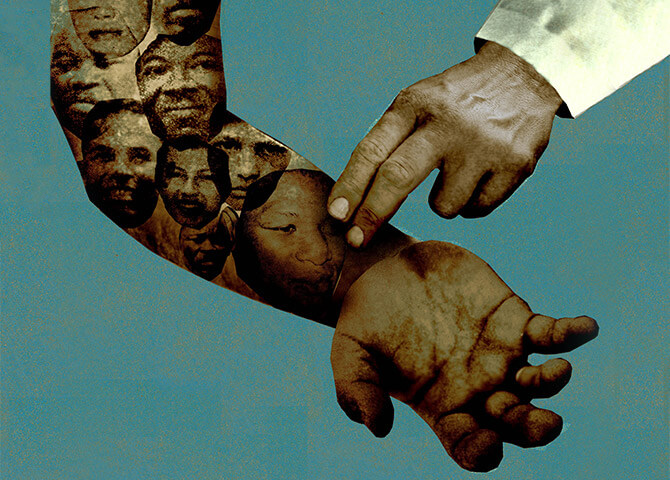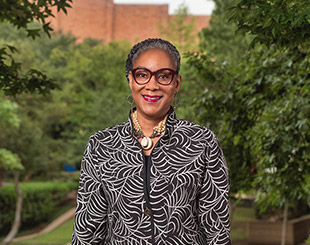The ways we become sick seem fairly straightforward: a virus-laden cough, for example, or a spot of bacteria in your food. In general, treating illness seems similarly uncomplicated. But the systems in which we live can also play a major—and often unseen—role in the way we experience disease and other medical maladies. The complex interplay between societal factors and individual health is the crux of what students explore in Medical Anthropology.
“Our focus is the relationship between health and culture in various social contexts, with primary attention given to questions of power and inequality on the one hand, and culture and identity on the other,” says course instructor Amy Speier, associate professor of anthropology. “There are many different ways of understanding illness depending on the cultural context.”
Using case studies from all over the world, students examine beliefs, practices, and experiences related to health, illness, and healing. They also deconstruct the ways in which health and illness are socially and historically constructed and learn from a broad range of theoretical perspectives.
“There is power in biomedicine, in the physician, and in the processes of medicalization that occur,” says Dr. Speier. “We need to understand that the likeliness of becoming ill correlates directly with one’s socioeconomic status in life. Medical anthropology shows us how our illnesses, diseases, and health are all shaped by our cultural worlds.”



